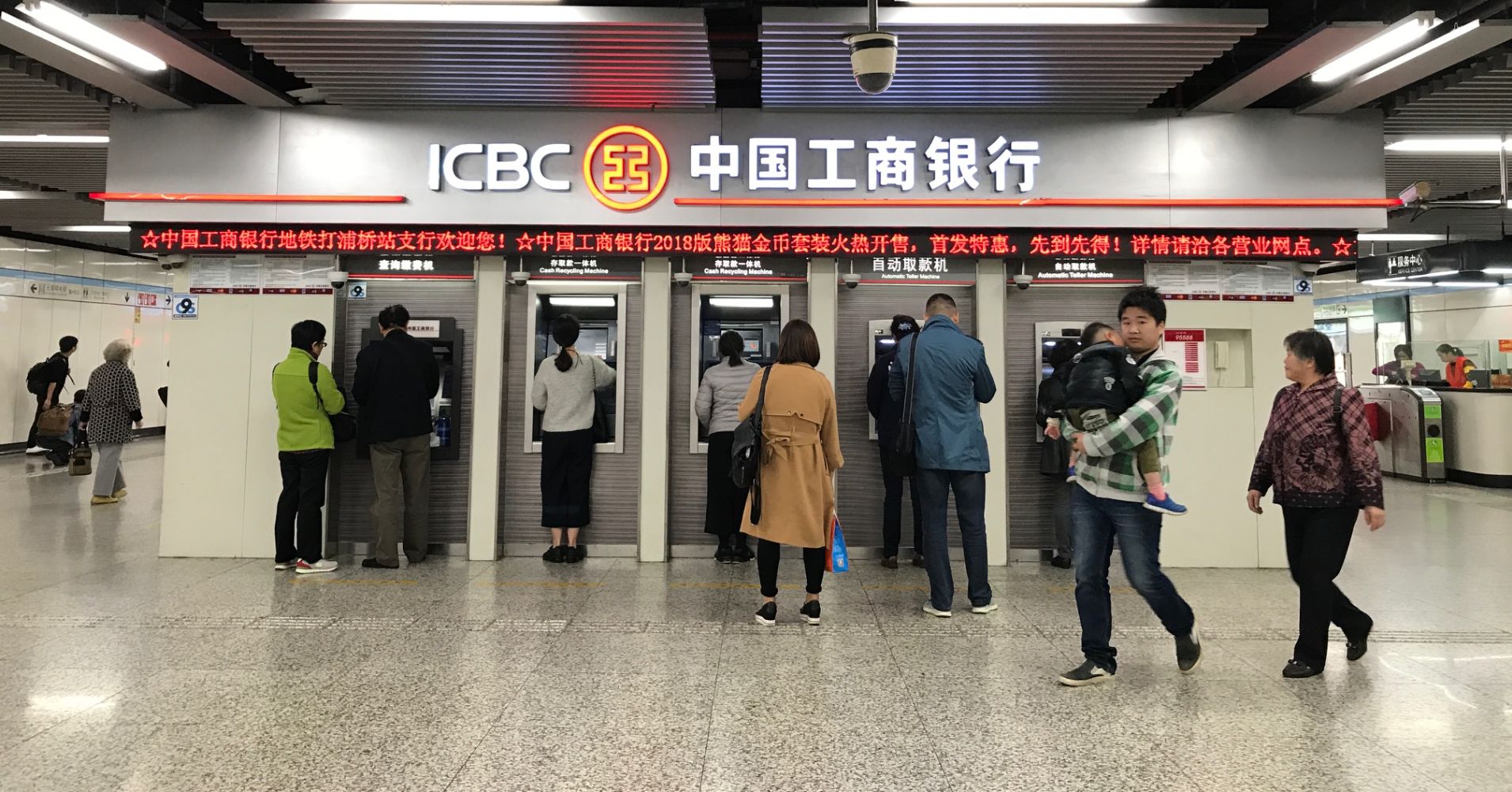Media Report

- CNN reports: "The United States has expressed concern over China's "worsening crackdown" on minority Muslim groups in the far western province of Xinjiang, amid allegations of widespread human rights abuses. Rights groups have accused Beijing of the systematic mass detention of tens of thousands of ethnic Uyghurs and other Muslims in political re-education camps without being charged or tried. The allegations have prompted a growing international outcry and calls for sanctions to be imposed on senior Chinese officials. On Tuesday, US State Department spokesperson Heather Nauert said the US government was "deeply troubled" by the crackdown, saying there were "credible reports" of thousands being detained in detention centers since April 2017."
- CNBC:Beijing is holding firm, but many Chinese firms acknowledge they're worried about the trade warCNBC reports: "Beijing has maintained a resolute stance in the face of U.S. tariff threats, but many Chinese companies are acknowledging that their businesses could be hit by the ongoing trade war. Industrial and Commercial Bank of China, or ICBC, said late last month that a primary challenge the bank faces is increased instability and uncertainty in the international environment and intensifying global financial market volatility, especially since rising U.S.-China economic tensions may negatively affect many sectors. Still, many companies did not mention risks from rising trade tensions, or noted the impact to their business would likely be minimal."
- ABC News reports: "Amid a worsening tariff battle, China is putting off accepting license applications from American companies in financial services and other industries until Washington makes progress toward a settlement, a business group says. The disclosure Tuesday is the first public confirmation of U.S. companies' fears that their operations in China or access to its markets might be disrupted by the battle over Beijing's technology policy. China is running out of American imports for penalties in response to President Donald Trump's tariff hikes, which has prompted worries regulators might target operations of U.S. companies. The license delay applies to industries Beijing has promised to open to foreign competitors, according to Jacob Parker, vice president for China operations of the U.S.-China Business Council."
Calendar
- 2018-09-11 China does away with family planning offices
- 2018-09-10 China vows to retaliate if the US takes any new steps on trade
- 2018-09-09 Pakistan rethinks its role in Xi's Belt and Road plan
- 2018-09-07 US businesses say China makes things great, again and again
- 2018-09-06 China says it will retaliate if US tariff hikes go ahead
- 2018-09-05 China’s Xi to send top ally to North Korea anniversary
- 2018-09-04 Trump’s Fight With Canada Over Nafta Faces New Hurdles
- 2018-09-03 China's leader Xi looms large over North Korean anniversary
- 2018-09-02 OK, So China Will Surpass the US Economy. Then What?
- 2018-08-31 China’s State Media: Trump Tweets Come From an ‘Alternative Universe’
News
- CNN United States 'deeply troubled' by alleged Chinese crackdown in Xinjiang
- CNBC Beijing is holding firm, but many Chinese firms acknowledge they're worried about the trade war
- ABC News China puts off licenses for US companies amid tariff battle
- Bloomberg China's Imperial Growth Delusion Just Won't Die
- Axios The future of U.S.-China tech fiefdoms
- Reuters U.S. voices concern on China's Muslim crackdown, sanctions weighed
- Fox News Iran looks warily to China for help as US sanctions resume
- TIME Russia Launches Biggest Ever War Games With China in a Warning to U.S.
- Reuters China's small farmers pose huge challenge in swine fever battle
- Bloomberg Tech Decline Offsets U.S.-China Trade Optimism: Markets Wrap
- The Guardian Chinese stock market hits 31-month low as Xi and Putin blast protectionism - as it happened
Commentary
- Axios Trump administration joins the China-Taiwan feud in Latin America
- Market Watch Apple and other companies sound the alarm on Trump's China tariff plans
- Business Insider US submarines are better than China's 'by far,' but in a war that may not matter
- Forbes The U.S.-China Trade War And Global Economic Dominance
- National Interest China Could Have 4 Aircraft Carriers by 2022: Should the Navy Be Worried?
- Gatestone Institute China's 'Digital' Totalitarian Experiment
- Bloomberg Why China's Fracking Hopes Will Hit the Rocks